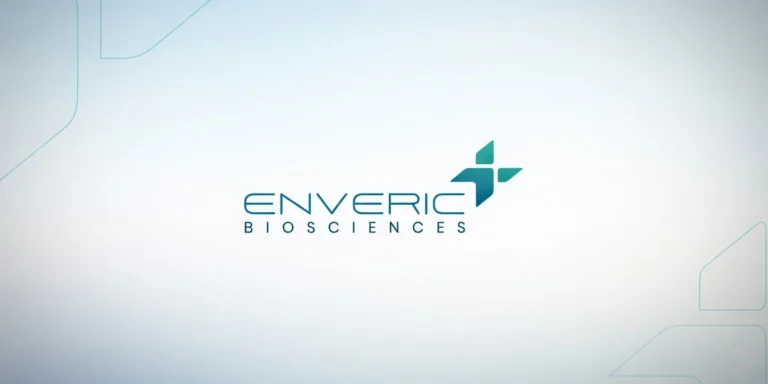
Sandoz receives positive CHMP opinion for multiple sclerosis biosimilar natalizumab
Sandoz, a global leader in off-patent (generic and biosimilar) medicines, today announced that the Committee for Medicinal Products for Human Use (CHMP) of the European Medicines Agency (EMA), has adopted a positive opinion for marketing authorization for first-of-a-kind biosimilar natalizumab developed by Polpharma Biologics.
The authorization covers treatment as a single disease-modifying therapy (DMT) in adults with highly active relapsing-remitting multiple sclerosis (RRMS), the same indication as approved by the EMA for the reference biologic.1
Sandoz entered into a global commercialization agreement for biosimilar natalizumab with Polpharma Biologics in 2019. Under this agreement, Polpharma Biologics will maintain responsibilities for development of medicine, manufacturing, and supply of drug substance. Through an exclusive global license, Sandoz has the rights to commercialize and distribute it in all markets.
Pierre Bourdage, Chief Commercial Officer, Sandoz, said: “Access to affordable, high-quality treatments like disease-modifying therapies – which are a cornerstone in the treatment of multiple sclerosis – remains limited for many people living with this disease. At Sandoz, we are committed to accelerating access to potentially life-changing treatments to patients in need around the world. Today’s positive opinion from the CHMP is a clear step in the right direction to address the burden of the disease for those living with multiple sclerosis while also delivering savings for healthcare systems.”
Multiple sclerosis (MS) is a chronic, inflammatory, and neurodegenerative disease of the central nervous system (brain and spinal cord) 2 caused by damage to myelin. It can drastically affect an individual’s everyday life and requires life-long treatment. MS is associated with a wide range of MS symptoms, ranging from blurred vision, fatigue, weak limbs, unsteadiness and tingling sensations during onset and limited mobility, difficulties in breathing and communicating, and neurological decline at later stages.3 Treatment cost and lack of access can create additional stress and financial burden for people living with MS, their families as well as healthcare systems.4
The comprehensive analytical, preclinical, and clinical data regulatory submission package included evidence derived from an extensive analytical characterization, in addition to results from a Phase I PK/PD study and a confirmatory Phase III Antelope study in RRMS patients. Both studies met their primary endpoints, showing that the biosimilar matches the reference biologic in terms of pharmacokinetics as well as efficacy, safety and immunogenicity.
Sandoz is committed to helping millions of patients access critical and potentially life-changing biologic medicines sustainably and affordably across a range of areas including immunology, oncology, supportive care and endocrinology. It has a leading global portfolio with eight marketed biosimilars and a further 24 assets in various stages of development. Since launching the first biosimilar in Europe in 2006, Sandoz has proven biosimilars create early and expanded patient access to life-altering medicines while increasing healthcare savings and creating competition that fuels innovation and development of new and enhanced treatments in areas of unmet need.
Source link:https://www.novartis.com/





